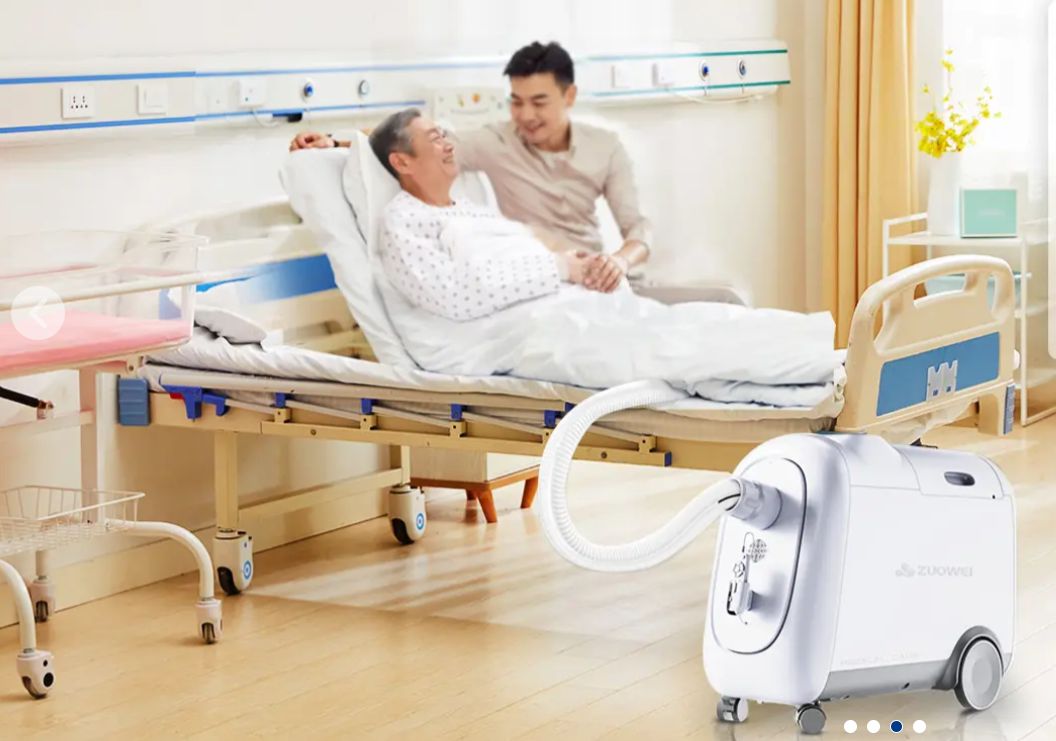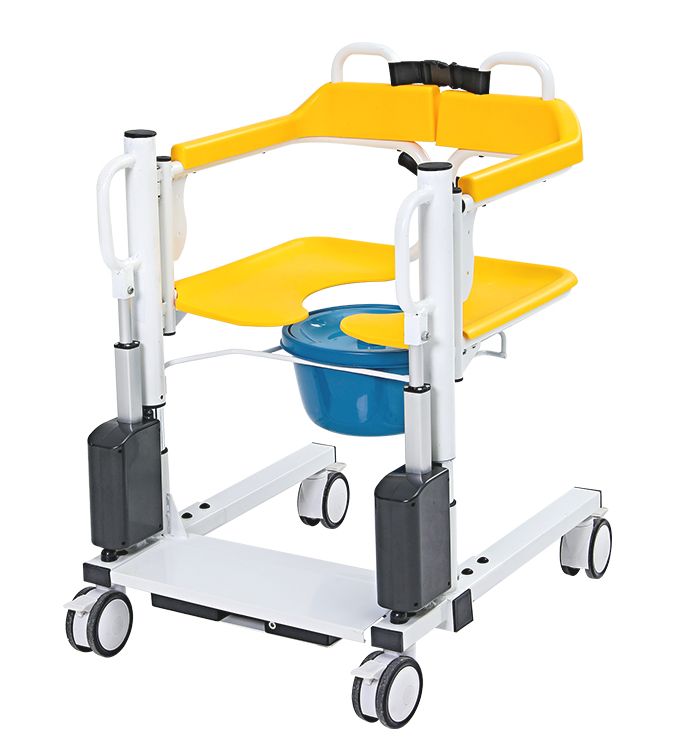In 2016, individuals over the age of 65 accounted for 15.2% of the total population, according to the U.S. Census Bureau. And in a 2018 Gallup poll, 41% of people who weren’t already retired indicated they planned to retire by age 66 or older. As the boomer population continues to age, their health needs will become more diverse, with their friends and families potentially unaware of the best health care options for them.
Caring for the elderly impacts the lives of millions across the United States. The elderly can be at risk for severe physical and mental health conditions. They may struggle to live independently and may need relocation to a nursing home or retirement community. Health practitioners may grapple with the most effective treatment methods. And families may struggle with paying for health care costs.
As more people enter their senior years, the challenges of caring for the elderly will only become more complex. Thankfully, various tips, tools and resources can assist the elderly and those dedicated to ensuring that they receive the best health care.
Resources for caring for the elderly
Providing effective care to the elderly can be difficult. However, resources are available that can help them and their loved ones, as well as their nurses, doctors and other health practitioners.
Caring for the elderly: Resources for elderly individuals
“Most developed world countries have accepted the chronological age of 65 years as a definition of ‘elderly’ or older person,” according to the World Health Organization. However, individuals approaching their 50s and 60s can begin to look into care options and resources.
For seniors desiring to live in their own homes as they age, they can benefit from using National Institute on Aging (NIA) suggestions. These include planning for future needs. For example, seniors who are having difficulty putting on their clothes each morning can reach out to friends for help. Or if they notice they have difficulty grocery shopping or paying certain bills on time, they can use automated payment or delivery services.
Even elderly people who plan ahead for their care may need additional assistance from licensed and trained eldercare professionals. These professionals are known as geriatric care managers and work with elderly people and their families to develop long-term care plans, as well as recommend and provide services those seniors may need daily.
According to NIA, geriatric care managers perform tasks like evaluating home care needs and making home visits. Elderly people and their loved ones can locate a geriatric care manager by using the U.S. Administration on Aging’s Eldercare Locator. NIA states that because the elderly have unique health needs, it’s crucial that they and their families research potential geriatric care managers for licensure, experience and emergency training.
Caring for the elderly: Resources for friends and families
Additional resources are available for the friends and families of elderly individuals to ensure that they receive the best care. Families may witness an elderly person’s health begin to decline and be unaware of the services available and how to provide the best care.
A common eldercare issue is cost. Writing for Reuters, Chris Taylor discusses a Genworth Financial study that found “for nursing homes, in particular, the costs can be astronomical. A new study from them found that a private room in a nursing home averages $267 per day or $8,121 a month, up 5.5 percent from the year before. Semi-private rooms are not far behind, at $7,148 a month on average.”
Friends and families can plan to prepare for these financial challenges. Taylor recommends taking a financial inventory, in which families note stocks, pensions, retirement funds or other investments that could be used to pay for eldercare. Additionally, he writes how family members can care for their loved ones by arranging hospital appointments or helping with tasks and researching potential insurance or health plan options.
Friends and families can also hire an in-home caregiver. Different types of caregivers are available depending on need, but AARP notes that these caregivers can include home health aides who monitor a patient’s condition and registered nurses who can perform more advanced medical tasks like administering medications. The U.S. Department of Health and Human Services also offers a list of caregiver resources to individuals who have questions or are struggling to provide adequate care.
Tech and tools for caring for the elderly
Technology can play an important role in caring for the elderly. The use of computers and home “smart devices” for temperature control, security and communication are now commonplace. There are a plethora of products and services available to create a safe and comfortable environment for in-home care of the elderly. AARP has a detailed list of digital tools that can assist the elderly and their caregivers. These tools range from devices that help the elderly track their medications to safety alert systems, such as an in-home sensor that detects abnormal movements in the home. Lift Transfer Chair is a tool that Shenzhen Zuowei Technology Co.,Ltd. recommends for cargivers transfer the elderly people from bed to washing room, sofa, and dinner room. It can lift up and down the seats to suit for different heights of the chair using conditions. Tools like smart Sleep Monitoring Bands can monitor heart rate and respiration rate in real time, so that every heartbeat and breath can be seen. At the same time, it can monitor the temperature and humidity of the bedroom environment to understand the potential impact of the surrounding environment on sleep quality. Meanwhile, it also can record time of the user’s fall asleep, length of sleep, number of movements, deep sleep and provide reports to quantify sleep. Monitor heartbeat and breathing abnormalities to help warn of potential sleep health risks. Beyond emergencies, these wearables can monitor vital signs and signal when the wearer’s blood pressure has risen or dropped or if sleep patterns have changed, which can indicate more serious conditions. Wearables can also track seniors using GPS technology, so caregivers are aware of their locations.
Tips for caring for the elderly
Ensuring that the elderly are receiving proper health care and are safe and secure is of the utmost importance to friends, families and practitioners. Here are some additional tips that can help when providing care to older persons.
Encourage an elderly individual to open up about their health
Even though there are warning signs that an elderly person’s health may be in decline or that the person may be suffering from a certain condition, they may still be reluctant to open up and share information about their well-being. Writing for USA Today, Julia Graham of Kaiser Health News states that the elderly and their friends and families must speak openly but also communicate sensitively regarding health concerns.
Form relationships with those caring for an elderly individual
Friends and families should form relationships with practitioners. Practitioners at health care facilities, including those providing in-home care, can offer deeper insights into an elderly person’s condition and establish a support team to ensure that the elderly person receives the best care possible. Additionally, if friends and families are circumspect about the care their elderly loved ones receiving, they can encourage the practitioner to strengthen the patient-provider relationship. “The doctor-patient relationship is a powerful part of a doctor’s visit and can alter health outcomes for patients,” according to a report in The Primary Care Companion for CNS Disorders.
Find ways to stay active and fit with an elderly individual
Friends and families can help improve an elderly person’s health by participating in regular exercise and activities with them. This could include setting a certain time of the day or week to partake in a hobby the elderly person enjoys or going on regular walks. The National Council on Aging also suggests different resources and programs that can help a senior stay fit.
Post time: Apr-10-2023








